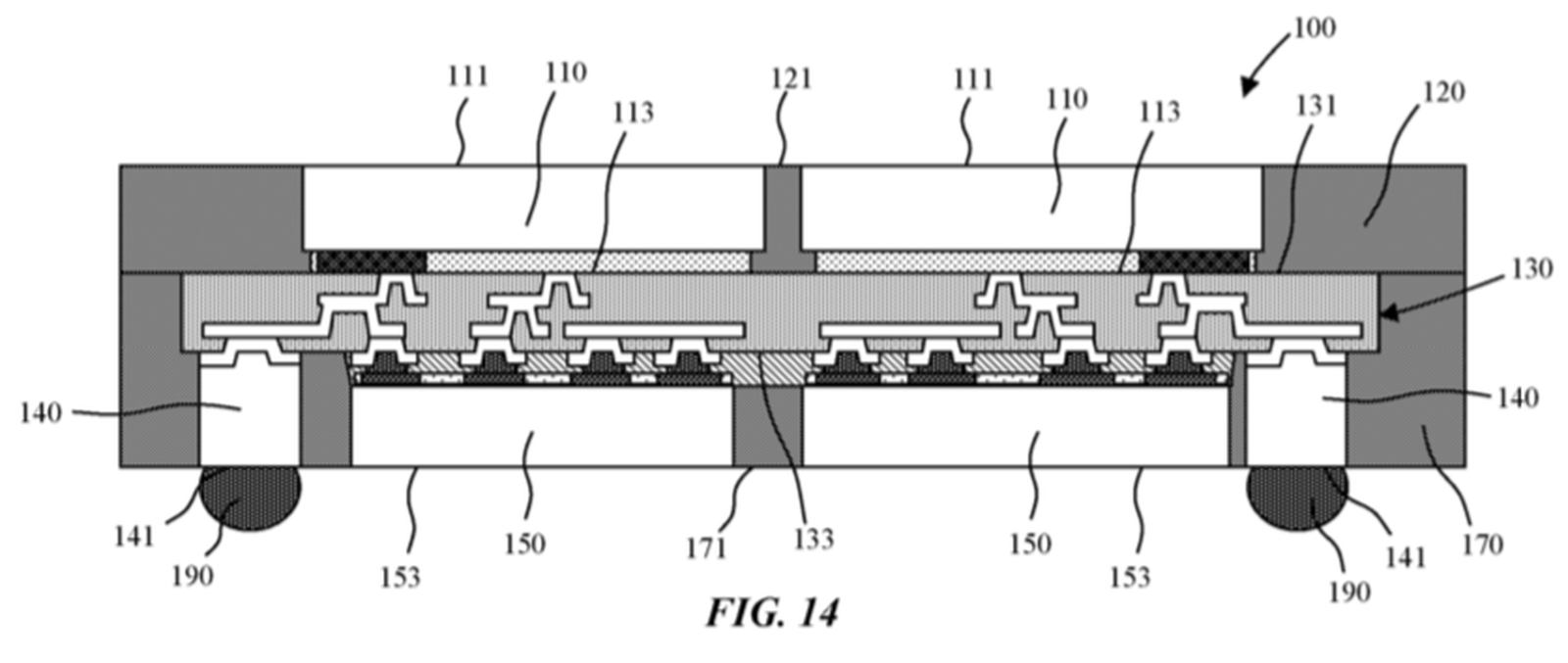I am more interested in the GPU performance increase than anything at lower power consumption. The current roster of chips even at base are are doing remarkably well in holding their own like the m3, m4 base levels but would have liked to see more GPU power at the base.
I’d like to see more graphics performance too. It's already really good for a chip that works without active cooling, though. And the base M4 seems to have about 20% better graphics performance than base M3 using the 10-GPU core versions of both (source:


